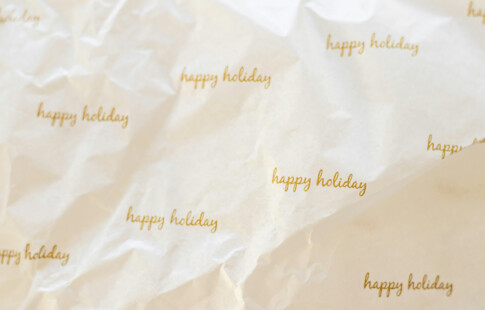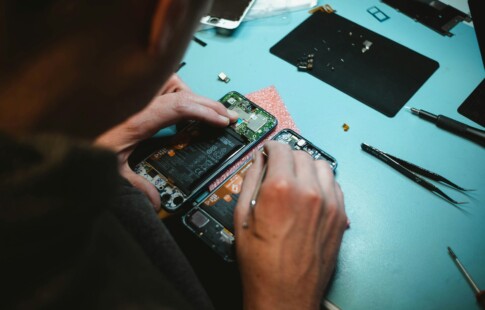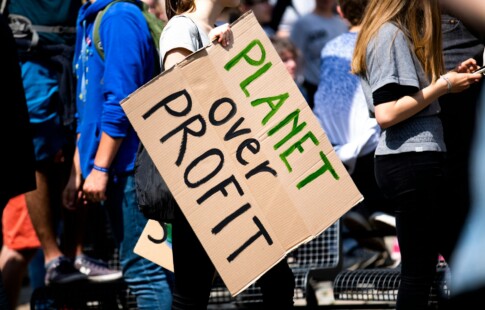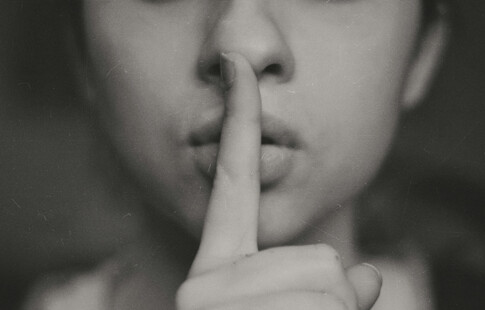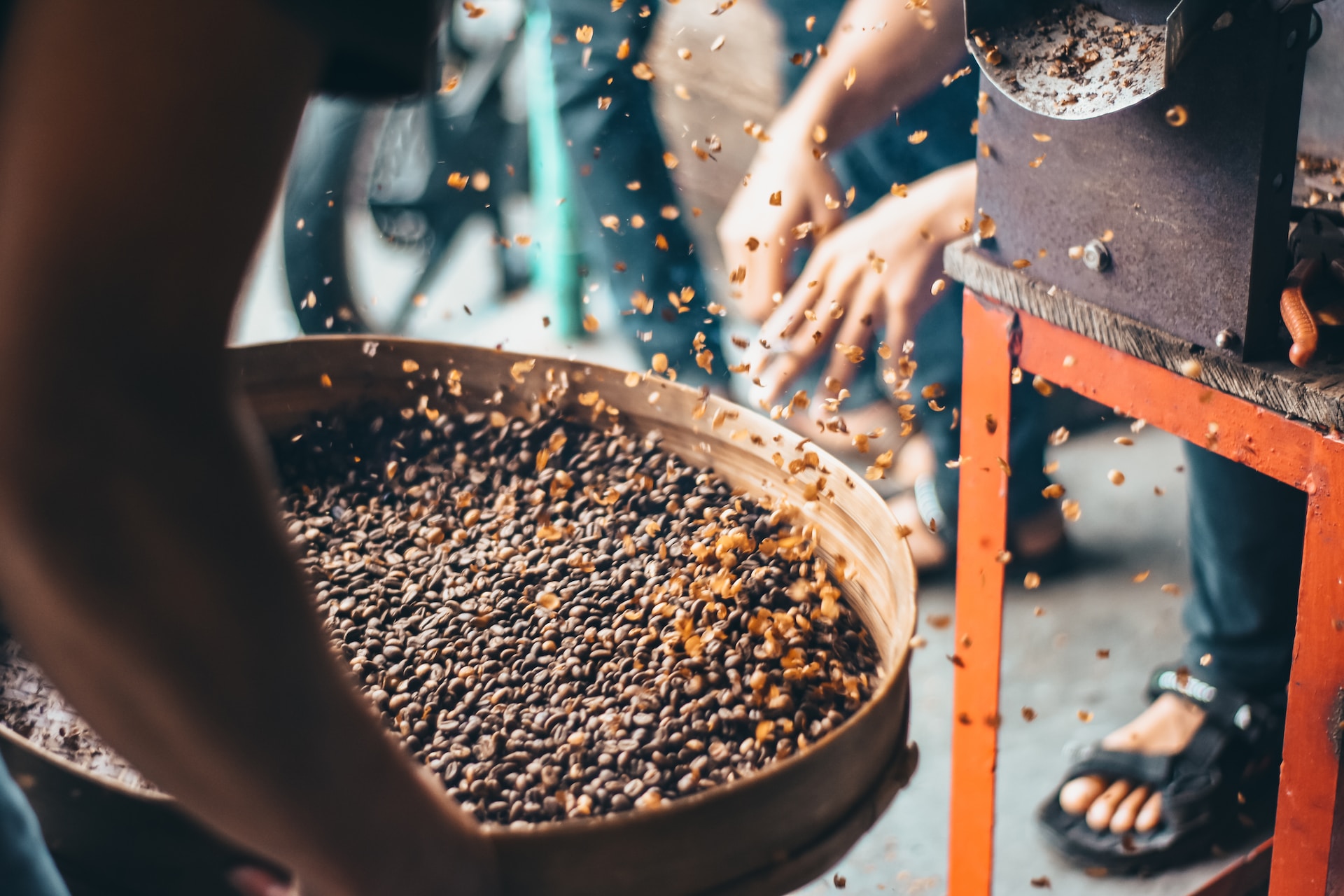
Fair Trade Sourcing: Creating a More Ethical World
We are reader-supported. When you buy through links on our site, we may earn affiliate commission.
When consumers shop for ethical goods, they look for the Fairtrade logo — and there’s only one way for brands to obtain it. Fair Trade sourcing highlights a company’s willingness to give back to producers and communities to improve the world.
If you’ve ever wondered how companies source ethical ingredients and materials, they must meet strict standards. Here’s everything you should know about Fair Trade sourcing and familiar brands creating a more ethical society and economy.
What Is Fairtrade vs. Fair Trade?
People often use “Fairtrade” and “Fair Trade” interchangeably, but they’re not the same thing. Fairtrade refers to Fairtrade International — the global certification system ensuring ethical production, sourcing and distribution of goods.
Brands must meet stringent standards for Fairtrade certification, including the following:
- Ensure fair and safe working conditions for all producers, including zero discrimination and forced or child labor.
- Build strong relationships with buyers to ensure financial security.
- Offer pricing to cover sustainable production costs.
Conversely, fair trade refers to any trade that is just for producers — but it is not an official term. Any company can refer to its goods as “fair trade” according to the brand’s definitions.
Of course, those who refer to themselves as fair trade are usually just as keen on creating better working conditions, helping local communities and addressing social inequities. They also want to provide safe, organic goods to consumers.
What About Fair Trade USA?
Fair Trade USA was founded in 1998, but disagreements on achieving fair trade goals led to severing ties with Fairtrade International. It officially resigned its membership from the Fairtrade Labelling Organizations International in 2011.
The USA-based organization wanted to certify large-scale coffee plantations, while the global certification system focused on building equitability for small-scale farmers.
However, Fair Trade USA continues to uphold the same fair trade belief system as Fairtrade International while meeting the unique needs of North American producers. It has since issued certifications in over 30 product categories, from dairy to seafood to apparel and home decor.
In 2021, Fair Trade USA became the first and only certifying organization to deliver responsibly sourced seafood to consumers. Its fisheries program protects workers and the environment. It has also issued $2 million in Community Development Funds for environmentally-friendly projects. So far, Fair Trade USA producers have applied the money toward habitat restoration and cleanups.
What Is Fair Trade Sourcing?
Fairtrade or Fair Trade sourcing demonstrates a company’s commitment to paying a fair price to producers for goods and ingredients.
Under Fairtrade International, brands can choose between two sustainable sourcing models: FAIRTRADE Mark and FAIRTRADE Sourced Ingredient Mark. Farmers and workers are equally protected by the Fairtrade Minimum Price and Fairtrade Premium under both.
FAIRTRADE Mark
About 81% of consumers in the United Kingdom trust the FAIRTRADE Mark when shopping for ethically sourced goods. Even more people recognize the logo.
Products meet the standards for the Mark when every ingredient used in a product is Fairtrade when available. For instance, companies must source Fairtrade cacao, sugar and vanilla to certify a chocolate bar or ice cream flavor.
FAIRTRADE Sourced Ingredient Mark
Under the FAIRTRADE Sourced Ingredient Mark, brands can source one or more Fairtrade ingredients across all their offerings. This enables companies to source sustainably on a larger scale.
Either Mark demonstrates transparency and commitment to Fairtrade standards to consumers, ultimately building trust.
Fairtrade and Proud: 5 Ethical Companies
Creating a more ethical economy might begin with the supply chain but culminate in conscientious buyer decisions. Consider these five Fairtrade — one word — brands the next time you go shopping.
1. Starbucks
You can rest assured your Starbucks coffee was ethically sourced under Fairtrade International standards. Starbucks approaches Fair Trade sourcing holistically with its Coffee and Farmer Equity (C.A.F.E.) Practices. C.A.F.E. uses third-party verification with 200 markers to analyze its farms and mills.
The company became Fairtrade-certified in 2000, sourcing 8.1% of its coffee — 44.4 million pounds — from Fairtrade producers. By 2015, 100% of Starbucks coffee was Fairtrade.
2. Ben & Jerry’s
Everyone’s favorite ice cream makers have sourced Fairtrade ingredients — sugar, cacao, vanilla, bananas and coffee — since 2005. However, they have followed Fair Trade practices since the 1980s.
Ben & Jerry’s was the first ice cream maker worldwide to use Fairtrade ingredients. In 2010, the company committed to selling all Fairtrade products across its menu offerings in every country.
3. Patagonia
Partnering with Fair Trade USA, Patagonia’s Fair Trade program helps 75,000 workers worldwide, with most of its clothing produced in 20 Fair Trade-certified factories.
The company pays a Fair Trade Premium for each clothing article. Elected committee members over Fair Trade workers decide how to use the premiums, either by investing in health care of child care centers in their community or purchasing expensive products. The program also focuses on worker safety and sustainability.
Currently, Patagonia gives 1% of its revenue to environmental organizations combatting climate change. Another 87% of its clothing line is made from recyclable materials.
4. Numi Organic Tea
Numi Organic Tea is certified under Fairtrade International and Fair Trade Certified. Having given $1 million in Fair Trade Premiums to its tea producers, the workers themselves determine how the money is put to good use in their communities. So far, Premiums have gone toward new schools, scholarships, maternity leave, infrastructure and cooking appliances.
Numi also has a Verified Fair Labor certification to ensure certified organic growers and worker safety. The program urges brands to have a hands-on approach to their supply chain.
5. e.l.f. Beauty
Drug store make-up company e.l.f. Beauty became the first cosmetic brand with a Fair Trade USA-certified manufacturing facility in 2022. While e.l.f. Beauty hopes to obtain certification for some of its other suppliers, the new certification extends across its entire brand portfolio — e.l.f. SKIN, e.l.f. Cosmetics, Keys Soulcare and Well People.
For every Fair Trade product purchased, the company will pay a Premium to the facility workers to help their communities.
Shop Ethically to Drive Fairtrade
Consumers should seek Fairtrade and Fair Trade-certified foods when shopping for everyday items. The more people opt for ethically sourced goods, the more robust the movement becomes. Make a difference in the world through the products you buy.
Share on
Like what you read? Join other Environment.co readers!
Get the latest updates on our planet by subscribing to the Environment.co newsletter!
About the author

Steve Russell
Steve is the Managing Editor of Environment.co and regularly contributes articles related to wildlife, biodiversity, and recycling. His passions include wildlife photography and bird watching.

